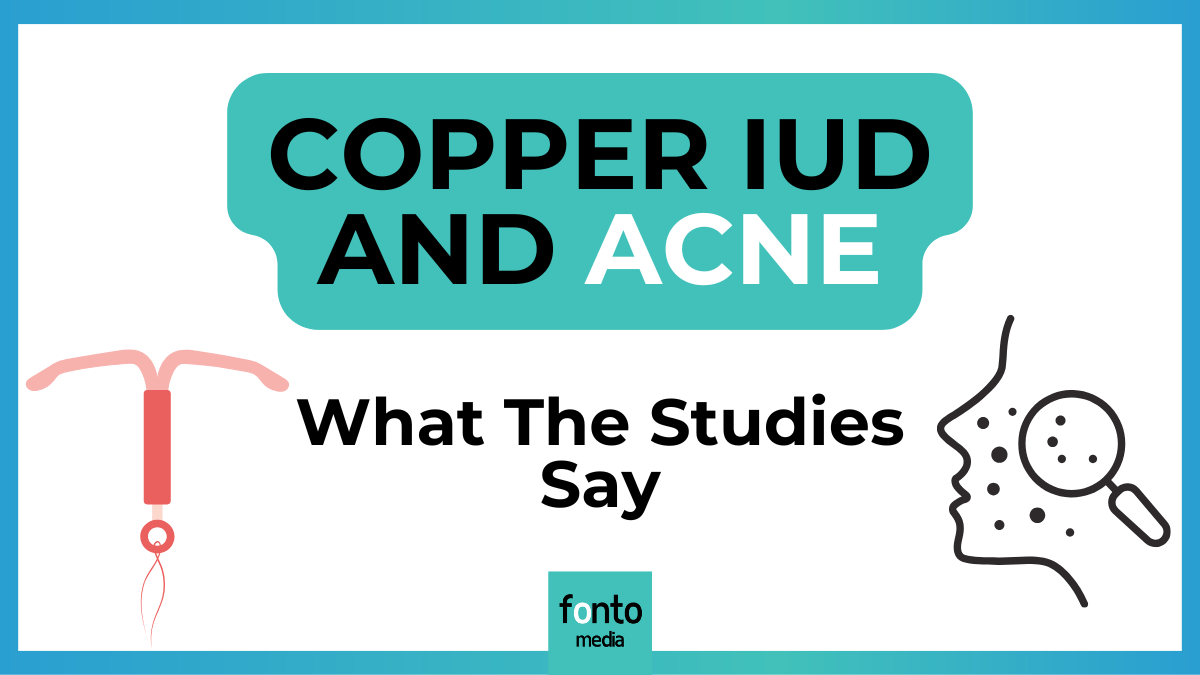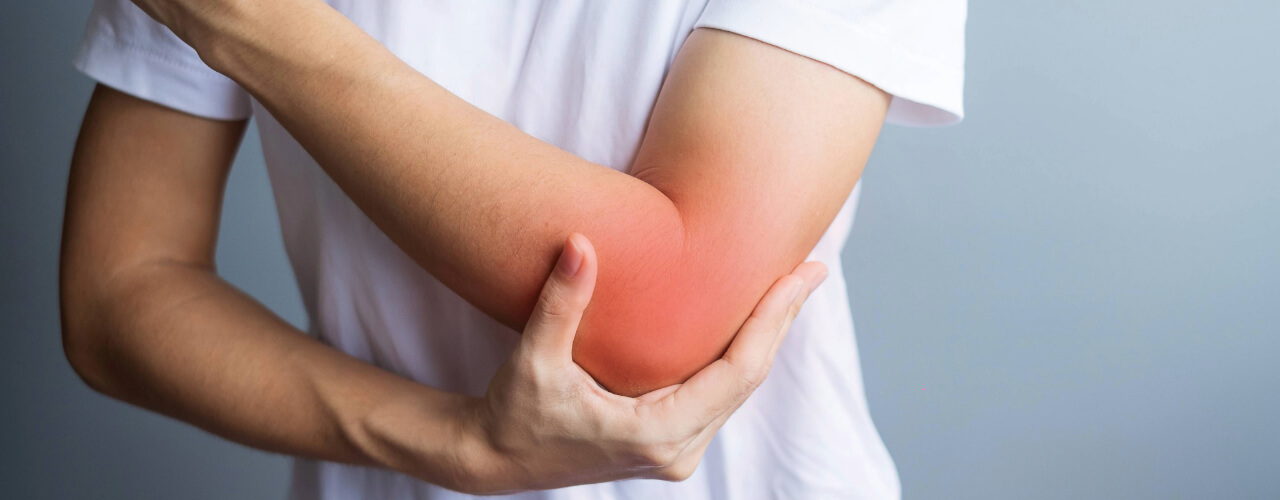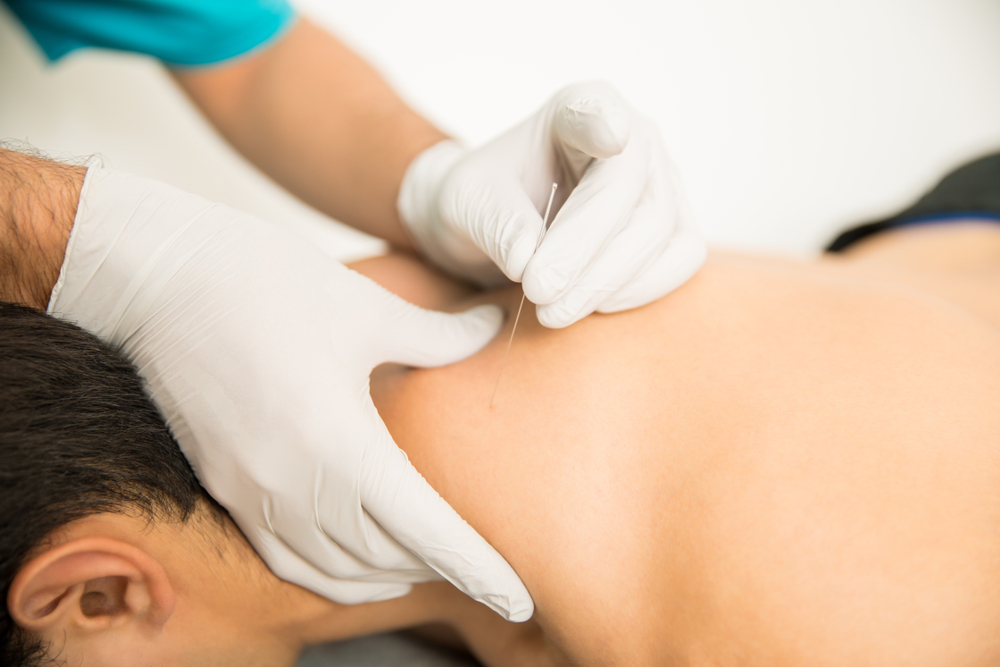An article on acne and contraception on a physiotherapist’s blog: but why? Because my speciality, beyond physiotherapy, is to make international scientific studies better known, so as to provide factual answers to the questions posed by Internet users.
I was personally wondering about the impact of copper IUDs on acne. My doctor told me there was no possible link.
But as I dug into the English-language academic literature, I realized that there was actually some data on the subject. Here they are!
♻️ Last update: Juny 17, 2025.
👩⚖️ Declaration of financial interests: none directly related to the subject. My complete declaration of interest is in the legal notice section.
Written by Nelly Darbois, physiotherapist and scientific editor
Do women with copper IUDs have more acne?
A US research team looked at 336,738 women aged 12 to 40 who were starting to use a new contraceptive method [Barbieri 2021].
Their aim was to see whether more or less severe acne developed more in women using one contraceptive method compared to another.
Here are their results.
In women with no history of acne.
Women with a copper intrauterine device (also known as a “copper IUD”) or a levonorgestrel intrauterine device (“hormonal IUD”) had more acne than those on the pill, using an implant or injectable contraception (subcutaneous DMPA).
For women who have had acne in the past.
Women with a copper intrauterine device (also known as a “copper IUD”) or a levonorgestrel intrauterine device (“hormonal IUD”) had more acne than those on the pill, using an implant or injectable contraception (subcutaneous DMPA).
In addition, they were more likely to switch from local acne treatment (cream application) to systemic drug treatment (Roaccutane type).
Nevertheless, the research team stresses that the increase in the risk of developing acne or worsening acne with a copper or hormonal IUD is small, though not negligible.
The study also shows that other contraceptive methods can reduce acne.
Here are 2 hypotheses to explain why the copper IUD may increase acne.
Local inflammatory response
Insertion of a copper IUD can provoke a local inflammatory reaction in the uterus.
This inflammation can potentially spread or trigger systemic inflammatory responses that could contribute to worsening acne in some women predisposed to developing acne.
Modification of hormonal environment
Although the copper IUD is non-hormonal, its local effect on the uterus may influence hormone levels or hormonal responses in the body.
Hormonal imbalances can promote acne in some people.
There are no tests or biological examinations that can be carried out to be sure of this.
Here are some questions to ask yourself to identify whether the IUD is likely to have triggered or aggravated your acne.
Did your acne flare up or worsen in the weeks or months following IUD insertion?
If so, it’s likely that the IUD is the cause of the acne.
Did you stop taking the pill just before inserting the IUD?
If so, then it’s more likely that it was stopping the pill rather than inserting the IUD that caused the acne flare-up.
Have you changed anything else in your lifestyle that could affect your acne (stopping a treatment, changing your diet or skincare routine)?
If so, then it’s possible that the acne is due to these changes rather than the IUD.
Does your acne diminish significantly in the weeks and months following IUD removal?
If so, it’s likely that the IUD is the cause of the acne.
How soon after IUD removal can acne improve?
We have no empirical data to answer these questions.
It seems reasonable to assume that it takes at least one cycle, if not several, for the hormones secreted by your body to return to their previous level.
***
That’s all I wanted to say on the subject! Any questions or comments? See you in comments!
You may also be interested in these articles
📚 SOURCES
Barbieri JS, Mitra N, Margolis DJ, Harper CC, Mostaghimi A, Abuabara K. Influence of Contraception Class on Incidence and Severity of Acne Vulgaris. Obstet Gynecol. 2020 Jun;135(6):1306-1312. doi: 10.1097/AOG.0000000000003880. PMID: 32459422; PMCID: PMC7263356.

Written by Nelly Darbois
I enjoy writing articles that answer your questions, drawing on my experience as a physiotherapist and scientific writer, as well as extensive research in international scientific literature.
I live in the French Alps☀️🏔️, where I enjoy the simple pleasures of life (+ I’m a Wikipedia consultant and the founder of Wikiconsult).









